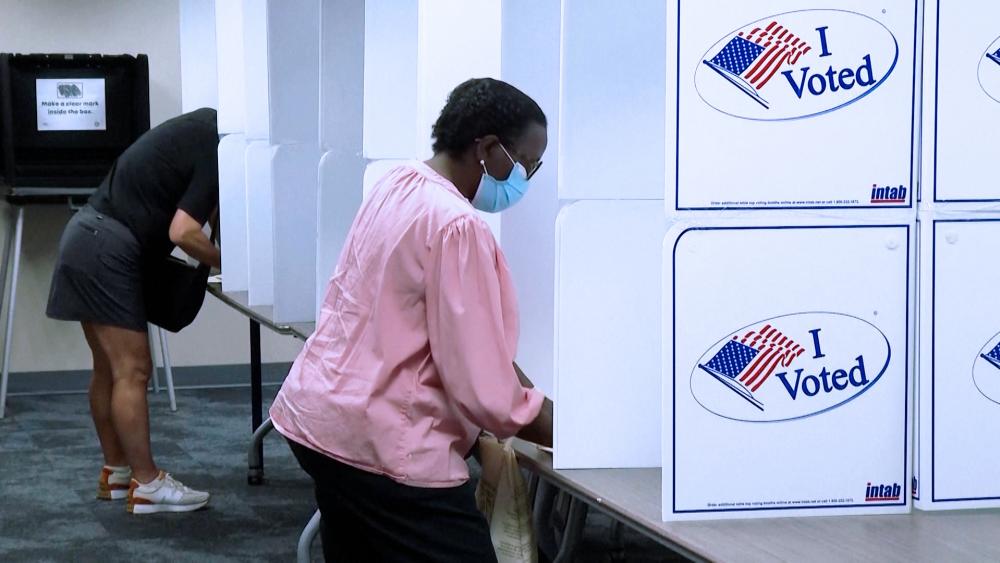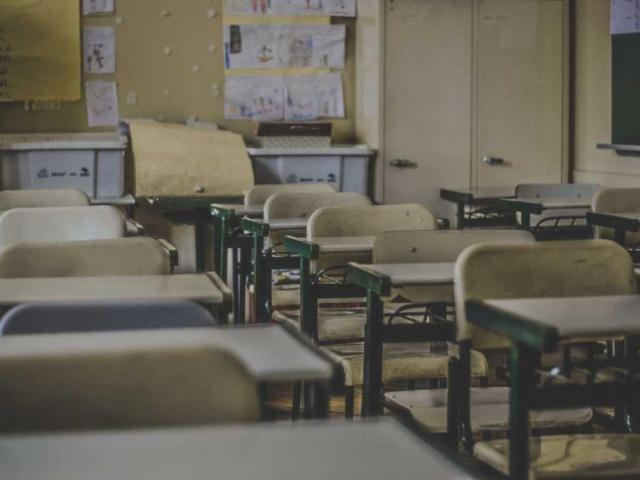Approximately 240 million people are eligible to vote in the upcoming presidential election, but pollsters and campaigns are mainly focusing on voters in seven key states that are likely to determine the outcome.
Wisconsin is one of those crucial swing states.
Former Wisconsin State Speaker Mike Huebsch describes the likely margin of victory in the state as "razor-thin."
"In Wisconsin, it will absolutely be thin mainly because we are always that tight," said Huebsch.
"This is a very important election—they all are. But this one, I think, has those who are enthusiastic and excited, those who are concerned about this election, and they are going to crawl over broken glass to make sure they get out and vote. The question will be: will there be enough Democrats or Republicans to come out and vote? And that's something we just never know," he continued.
According to Nathan Gonzales, editor of Inside Elections, Wisconsin is the most evenly divided state in the country.
"According to our metrics, which take in four election cycles worth of results—federal offices, statewide offices—Wisconsin is the most evenly divided state in the country," said Gonzales.
Wisconsin's status as a swing state is evident.
In 2016, former President Donald Trump won the state, while President Joe Biden claimed victory in 2020. In the 2000s, three presidential elections in Wisconsin have been decided by less than a single percentage point.
"Wisconsin is a true swing state, and you'll see that throughout the state—even in the legislative and congressional races," said Wisconsin State Assembly Senator Julian Bradley. "We take pride in the fact that we get to know our candidates, and we like to feel comfortable with who we are voting for."
Wisconsin's history as a swing state dates back to the mid-20th century, according to experts. Out of the last six governors dating back to 1983, three have been Republicans, and three have been Democrats.
Former Governor Scott McCallum added that swing states like Wisconsin are characterized by Democratic strongholds in urban areas, surrounded by Republican-leaning rural areas. However, the suburbs, with rapidly growing middle-class, family-oriented Hispanic and African-American populations, are where the real difference is made.
"It's an interesting flip," said McCallum. "The Democrats used to be the party of the working people. Now, the Republicans are the party of the working people. The big shots don't understand that these are not automatic Democrats. They're working, they're frustrated with what's going on, so it's going to be an interesting race."
Huebsch believes that November's presidential election in Wisconsin will come down to which side can turn their convictions into real votes.
"Which one is going to have more influence, which side is going to be more enthusiastic?" Huebsch said. "I really think it's going to be another one of those elections decided by 20,000 votes or less, out of 3 million cast. It's going to be tight."
NOTE: CBN neither supports nor opposes any political party or candidate. Our goal is to cover the news because truth matters. Please join with us in prayer for God to use CBN News to share the truth from a Christian perspective. God bless you!
Did you know?
God is everywhere—even in the news. That’s why we view every news story through the lens of faith. We are committed to delivering quality independent Christian journalism you can trust. But it takes a lot of hard work, time, and money to do what we do. Help us continue to be a voice for truth in the media by supporting CBN News for as little as $1.











 Support CBN News
Support CBN News







